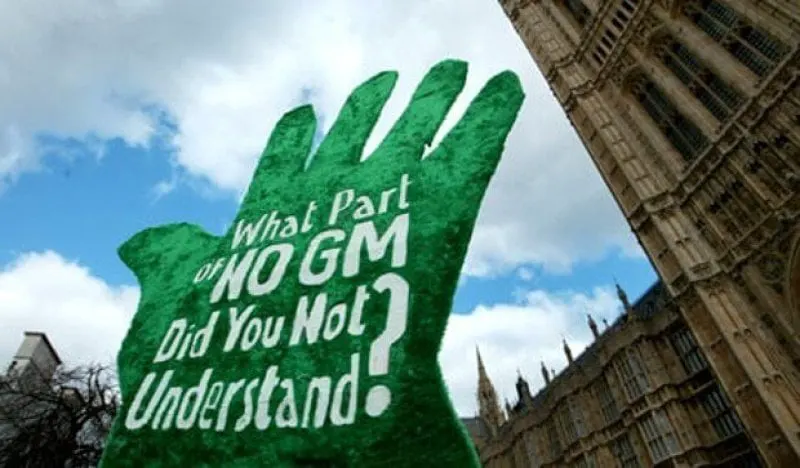Opposition to crop biotechnology fuels ‘global trade concerns,’ Congressional Research Service finds
Opposition to crop biotechnology fuels ‘global trade concerns,’ Congressional Research Service finds


When foods containing GE ingredients were first introduced in the 1990s, some members of the public called for banning them based on concerns about their potential to harm human health. In terms of the health and safety of the people consuming them, research repeatedly has found no difference between foods developed with and without genetic engineering. Even so, some consumers remain concerned about genetic engineering, citing health, personal preference, environmental, economic, and other objections.
As such, the views of the scientific community, consumers, farmers and ranchers, and the organic industry on the safety, utility, and ethics of agricultural biotechnology do not always overlap. Society continues to debate these issues, and numerous advocacy and trade organizations promote various sides of the debate.
Disparate global views, consumer acceptance, and legal requirements with respect to agricultural biotechnology and its products have raised global trade concerns. The United States is a leading cultivator of GE crops, and market access for agricultural biotechnology products is a major U.S. trade objective.
While the policies of some global trading partners support access to biotechnology products, other countries’ policies pose a challenge to achieving this objective.
Read the original post

 | Videos | More... |

Video: Nuclear energy will destroy us? Global warming is an existential threat? Chemicals are massacring bees? Donate to the Green Industrial Complex!
 | Bees & Pollinators | More... |

GLP podcast: Science journalism is a mess. Here’s how to fix it

Mosquito massacre: Can we safely tackle malaria with a CRISPR gene drive?

Are we facing an ‘Insect Apocalypse’ caused by ‘intensive, industrial’ farming and agricultural chemicals? The media say yes; Science says ‘no’
 | Infographics | More... |

Infographic: Global regulatory and health research agencies on whether glyphosate causes cancer
 | GMO FAQs | More... |

Why is there controversy over GMO foods but not GMO drugs?

How are GMOs labeled around the world?

How does genetic engineering differ from conventional breeding?
 | GLP Profiles | More... |

Alex Jones: Right-wing conspiracy theorist stokes fear of GMOs, pesticides to sell ‘health supplements’




 Trust issues: What happens when therapists use ChatGPT?
Trust issues: What happens when therapists use ChatGPT? Fighting deforestation with CO2: Biotechnology breakthrough creates sustainable palm oil alternative for cosmetics
Fighting deforestation with CO2: Biotechnology breakthrough creates sustainable palm oil alternative for cosmetics California, Washington, Oregon forge immunization alliance to safeguard vaccine access against federal undermining
California, Washington, Oregon forge immunization alliance to safeguard vaccine access against federal undermining Viewpoint — Fact checking MAHA mythmakers: How wellness influencers and RFK, Jr. undermine American science and health
Viewpoint — Fact checking MAHA mythmakers: How wellness influencers and RFK, Jr. undermine American science and health 30-year-old tomato line shows genetic resistance to devastating virus
30-year-old tomato line shows genetic resistance to devastating virus Viewpoint: Video — Big Solar is gobbling up productive agricultural land and hurting farmers yet providing little energy or sustainabilty gains
Viewpoint: Video — Big Solar is gobbling up productive agricultural land and hurting farmers yet providing little energy or sustainabilty gains The free-range chicken dilemma: Better for birds, but with substantial costs
The free-range chicken dilemma: Better for birds, but with substantial costs ‘You have to treat the brain first’: Rethinking chronic pain with Sanjay Gupta
‘You have to treat the brain first’: Rethinking chronic pain with Sanjay Gupta
